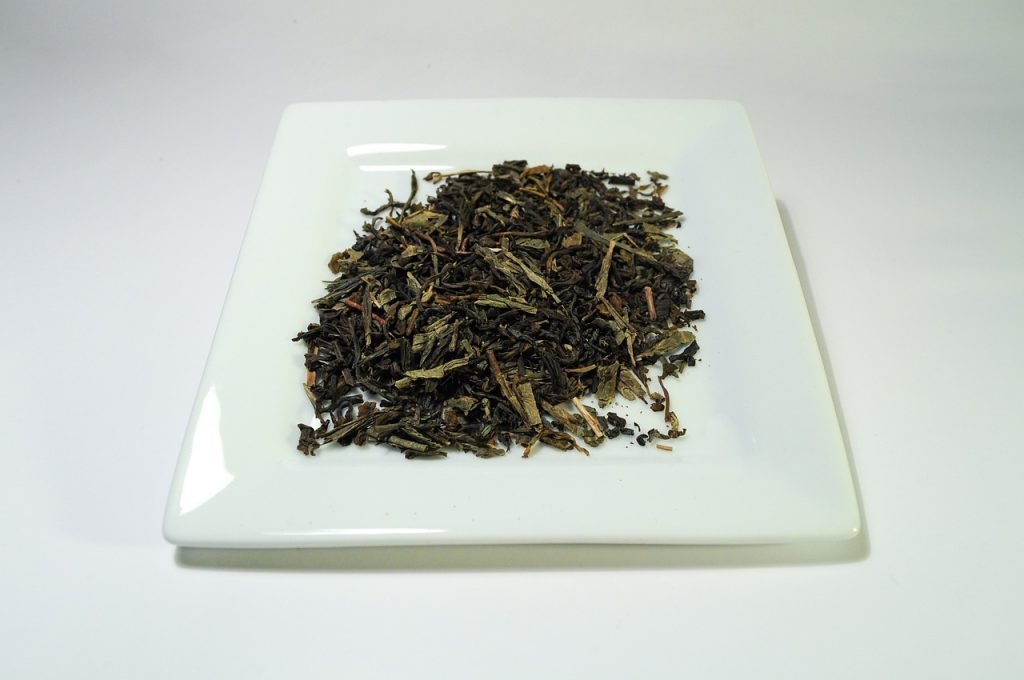Bronchiectasis, a persistent respiratory ailment characterized by abnormal airway widening and thickening, resulting in mucus buildup and recurrent infections, can bring forth distressing symptoms.
These may include persistent coughing, excessive mucus production, breathlessness, and frequent lung infections. Effective management of bronchiectasis necessitates a blend of medical interventions and lifestyle modifications, with dietary choices being pivotal.
In this article, we delve into the potential advantages of tea for bronchiectasis. We provide a rundown of teas that might alleviate symptoms and discuss their potential synergy with conventional treatments.
Understanding Bronchiectasis
Before we explore the role of tea in bronchiectasis management, it’s imperative to grasp the fundamentals of the condition itself. Bronchiectasis primarily impacts the bronchial tubes, responsible for air transportation to and from the lungs. When these airways incur damage or scarring due to factors such as recurrent infections, autoimmune conditions, or congenital issues, they lose their efficiency in clearing mucus and other secretions.

Key features of bronchiectasis encompass:
- Chronic Cough: A persistent, productive cough yielding copious mucus.
- Excessive Mucus Production: Overproduction of mucus, which can thicken and obstruct airways.
- Frequent Infections: Accumulated mucus makes the lungs susceptible to bacterial infections, leading to recurrent pneumonia and bronchitis.
- Breathlessness: Progressing bronchiectasis can result in breathlessness, especially during physical exertion.
- Fatigue: Coping with bronchiectasis symptoms can be draining, leading to chronic fatigue.
- Reduced Lung Function: Over time, lung function diminishes as the efficient transfer of oxygen into the bloodstream becomes compromised.
It’s vital to note that while bronchiectasis is incurable, effective management can significantly enhance the quality of life for individuals grappling with this condition.
Tea as a Complementary Approach
Tea, renowned for its diverse flavors and potential health benefits, can be a valuable addition to the daily regimen of those with bronchiectasis. While it doesn’t substitute medical treatment, certain compounds in tea types offer various respiratory health advantages.
Teas for Bronchiectasis
- Green Tea: Abundant in antioxidants, especially catechins, green tea boasts anti-inflammatory and antimicrobial properties. These attributes may mitigate airway inflammation and potentially reduce the risk of respiratory infections.
- Ginger Tea: Ginger, with natural anti-inflammatory and antibacterial properties, can ease throat irritation, suppress coughing, and provide relief from congestion.
- Peppermint Tea: Menthol in peppermint serves as a natural decongestant. It can relax airways, facilitating easier breathing and mucus clearance.
- Eucalyptus Tea: Known for respiratory benefits, eucalyptus tea can expand airways, alleviate congestion, and relieve coughing and breathlessness.
- Chamomile Tea: Chamomile’s anti-inflammatory and antioxidant properties relax airways, reduce inflammation, and promote better sleep, vital for overall health.
- Thyme Tea: Thyme features compounds historically employed for respiratory issues, potentially easing coughing and reducing infection frequency.
- Turmeric Tea: Curcumin, an influential anti-inflammatory and antioxidant compound in turmeric, may diminish airway inflammation and boost respiratory health.
How Tea Can Assist?
- Anti-Inflammatory Properties: Several teas above contain natural anti-inflammatory compounds, which are vital in bronchiectasis management, as inflammation significantly contributes to symptoms.
- Antibacterial Effects: Some teas possess antibacterial properties, potentially preventing or managing respiratory infections, prevalent among bronchiectasis patients.
- Mucolytic Properties: Specific teas, such as peppermint and eucalyptus, act as natural mucolytics, aiding in mucus thinning and clearance from airways.
- Relaxation and Stress Reduction: Tea’s soothing nature and warmth can relax airways, alleviate stress, and encourage better sleep—crucial elements for bronchiectasis patients.
Remember that while tea can be a helpful addition, it should not replace prescribed medications or healthcare provider-recommended treatments. Tea consumption should be moderate, and potential allergenic reactions or interactions with medications should be discussed with a healthcare professional.

Conclusion
Bronchiectasis is an ongoing condition necessitating comprehensive management to alleviate symptoms and enhance the quality of life.
While bronchiectasis has no cure, individuals living with it can explore complementary strategies like incorporating certain teas into their daily routines.
Teas with anti-inflammatory, antibacterial, and mucolytic properties can potentially alleviate symptoms and support respiratory health. However, always consult a healthcare provider for a personalized treatment plan comprising both conventional medical interventions and dietary adjustments, such as incorporating tea.
With the right blend of treatments and lifestyle changes, those with bronchiectasis can lead fulfilling lives and better manage their condition.
MEDICAL DISCLAIMER
Hummingbirdtearoom.com cannot and does not contain medical/health advice. The medical/health information is provided for general and educational purposes only and is not a substitute for professional advice.

